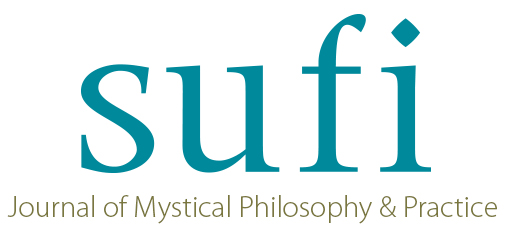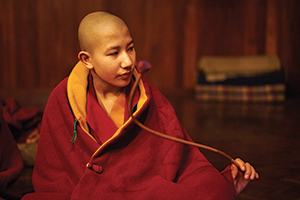by Dominique Butet with Photographs by Olivier Adam—
Throughout my travels in the Himalayan region since 2008, I have witnessed the gradual emancipation of Tibetan Buddhist nuns, themselves a microcosm of wider shifts in attitudes towards women and a need for greater equality. Educational infrastructure, changing social attitudes, more progressive perspectives on gender in the Tibetan monastic community, and financial support from associations and foundations dedicated to women are providing nuns, and women across the board, with new opportunities.
Buddhist nuns in the Himalayan region are now able to participate fully in the theological activities ordinarily reserved for monks, have their spiritual devotion and contributions to the community recognized, and live more sustainable and independent lives.
As with all equality movements throughout history, change has relied on the bravery and courage of men and women prepared to take a stand. This is also true for rural communities.
At Yangchen Chöling’s school in Spiti we met Tseten, who became a Gelugpa nun in 1996 when she was thirteen years old. “It took a long time to find a teacher willing to teach nuns,” she remembers. “Finally, a kind monk who had been meditating in a cave agreed to come and teach at our monastery. For several months, we all studied happily together. Suddenly, however, the monks of his monastery arrived and told him he could no longer teach nuns. All the nuns and the teacher, too, became sad and distraught. Finally, he agreed to resign from his monastery and stay with the nuns.” Her story is a reminder of the struggle women, and their supporters, have faced to overcome discrimination.
Much is at stake: as Doctors in Philosophy, the nuns will be called on to teach for the first time and the Dalai Lama himself has been urging them to take up this new mission: “Until now you have relied on monks to teach you, but in the future it will be very important that there are also nuns to teach nuns. More than that, we also need nuns to teach in our secular schools. I request you, after your studies, to consider going into retreat, and after that resolve to teach others.”
The ability to teach also provides nuns who decide to leave their orders with the means and self-esteem to participate fully and independently in society, rather than resigning themselves to marriage as the only available choice.
We need to recognize that the most important qualities of today are those that most societies consider as being ‘feminine’: communication, listening to the needs of others. It is time to realize that the age of the hunters has passed. The coming era will be more ‘feminine’ and women will make a greater contribution.” Seeing the greater recognition of Himalayan Buddhist nuns has touched our hearts deeply. Rooted in education, this pathway to gender equality perfectly illustrates the great History of Humanity in progress. We hope to witness its evolution across the world.
photos ©Olivier Adam

